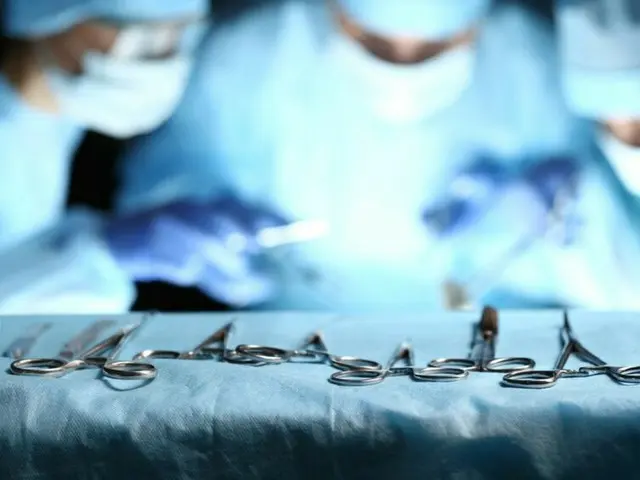, also expressed a willingness to engage in dialogue regarding medical reform. On the 10th, Cho Gyu-hong, Minister of Health and Welfare, spoke at a meeting of the Central Disaster Safety Countermeasures Headquarters, which deals with collective actions of doctors, and said, ``Stabilizing the emergency medical care system''
I will do my best to." The government also announced plans to dispatch 20 military medical officers and 138 public health doctors to 20 hospitals.
40% of the dispatched public health doctors will be stationed at hospitals in the Seoul area. Capital Area
Serious patients are concentrated in five major hospitals, raising concerns about the impact on fragile local medical care. Many public health doctors are general physicians rather than specialists, and they have little experience working in large hospitals.
Some say they are worried about how the situation will be handled on-site. A Ministry of Health and Welfare official said, ``Doctors who worked on islands or at emergency medical institutions have been excluded from being dispatched.Most of the dispatches to Seoul are because critically ill patients are suffering from severe illness.
We took into consideration the situation in which patients are concentrated in the Tokyo area, especially in the five major hospitals. Following this dispatch, we are considering a second dispatch with the aim of strengthening local medical care, but at that time there will likely be a lot of movement within the region to which they belong."
I made it clear. On the other hand, Mr. Cho said, ``There were reports in some media that doctors who have returned to the field are being published and attacked with malicious comments.
Attacking people and forcing them to participate in collective actions is absolutely unacceptable. We will thoroughly investigate the matter and take strict action."
In addition, ``In connection with the promotion of medical reform, the government will
I am ready to have serious discussions with you at any time." The ministry confirmed that as of 11 a.m. on the 8th, the number of specialty doctors who have left 100 major training hospitals is 10,019.
There were 94 people. The withdrawal rate remained unchanged at 92.9%, the same as the previous day. The ministry emphasized that the emergency treatment system, which focuses on seriously ill and emergency patients, is being maintained stably.
According to the ministry's explanation, on the 7th of this month, the number of patients in emergency medical institutions with conditions below the critical level decreased by 32.1% compared to the 1st to 7th days of last month, before the medical gap occurred.
However, the number of severe emergency patients has remained unchanged without major changes.
2024/03/11 06:33 KST
Copyrights(C) Herald wowkorea.jp 104

